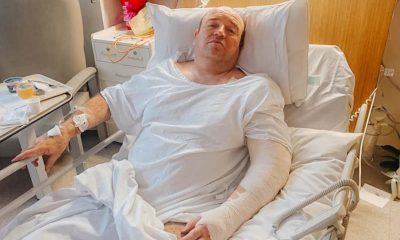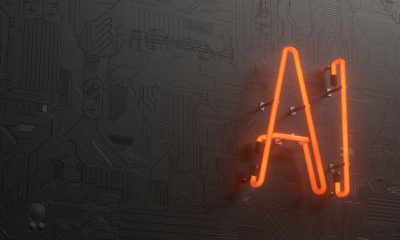Some Muslims, fearing backlash, worry about intent of Census forms
By Tara Bahrampour
Tuesday, March 9, 2010; 4:02 PM
The millions of blue forms being mailed this month in the first census count since the terrorist attacks of Sept. 11, 2001, do not ask about religion. But the idea of answering any questions posed by the government makes some Muslims uneasy, so community leaders are worried that many may avoid the Census altogether.
“A lot of people, they have the concern,” said Raja Mahmood, 50, a Manassas taxi driver who moved to the United States from Pakistan 25 years ago. “The majority of Muslims, they don’t want to draw attention.”
Although he plans to fill out the census form — and the Falls Church mosque he attends, Dar Al-Hijrah, has encouraged it — Mahmood said many Muslims he knows are wary about why the government, which treated them with suspicion in the years after the terrorist strike, wants to collect information about them.
“They can look for the count of how many people live here, and that’s a good thing,” he said, “but God knows what is in their heart.”
Muslim leaders have been holding forums to explain the process. Last week, the Justice Department said that information-gathering and sharing provisions of the Patriot Act do not override federal confidentiality laws related to the Census, with stiff penalties for sharing information about an individual.
“That would go a long way toward calming fears,” said Ibrahim Hooper, spokesman for the Washington-based Council on American-Islamic Relations.
Still, community leaders say they understand why people might be cautious. Many remember the trepidation that arose after 9/11, when men from some Muslim countries were required to register with the then-Immigration and Naturalization Service. The requirement led to deportations for visa violations or minor infractions unrelated to terrorism, Hooper said, adding that “whole neighborhoods were emptied.”
Some Muslims have been put on “no-fly” lists simply because they share a name with a suspected terrorist.
Ashraf Nubani, a Virginia-based lawyer who helped men who were asked to register with authorities, said that even now, Muslim immigrants “may be extremely distrustful any time the government is asking them for information.”
Imam Mohamed Magid of the All-Dulles Area Muslim Society in Sterling has recently given speeches to his congregation about the Census, explaining that uncounted minorities can be underrepresented or ignored when government resources are allocated. He said most congregants are not worried about filling out the form but added that “some immigrants talk about the time of the Patriot Act and the Census, where somebody can misuse information about them.”
“A lot of questions come up on the community level,” said Hazami Barmada, president of the Washington-based American Muslim Interactive Network, which hosted a talk about Muslims and the Census on Monday night at Georgetown University. “What does the Census do with this information? If I tell them about my children and my life and my information, how’s that going to affect me?’ ”
Imam Johari Abdul-Malik, director of outreach at Dar Al-Hijrah, said the fear can run so deep that some Muslims were wary of getting government-funded flu shots after rumors that they were offered only to Muslims or used to experiment on minorities. “So if you think like that, then you’re not going to participate in the Census,” he said.
Many Muslims, however, said they have no worries about filling out the basic form, which asks for name, race and number of people in a household.
“I don’t know what the Census would have to do with Muslims or non-Muslims,” said Hany Osman, 35, of Falls Church, an Egyptian clinical system analyst who moved to the United States seven years ago. “It’s highly recommended that we fill it out and be part of American society instead of alienating ourselves.”
Atafa Azad, 28, a McLean resident who moved here from Afghanistan as a child, agreed, saying her family always fills out the census. She said more people would do so if the form were available in Farsi. Security issues are “not a concern,” she said. “We’re adapted here, we call ourselves American.”
But others remain concerned that the information might be used to discriminate against them. Abu Bakr Muslim, 70, a porter at Reagan National Airport who attends Dar Al-Hijrah, said the form need not ask about religion to identify Muslims. “If you have a certain kind of name,” he said, “they’re going to raise a red flag.”
Abdul-Malik noted that some immigrants “come from countries where giving the government information about yourself is always bad. Or they have concerns that giving the American government information is somehow going to have an effect in your home country.”
As Muslims finished up prayers at Dar Al-Hijrah on Thursday afternoon, he reminded them about the Census, saying they don’t have to be citizens to participate.
Still, he said, “particularly in the new-immigrant population, there’s definitely going to be an undercount. It’ll be better as a result of our outreach, but there are still going to be people who say, ‘Yeah . . . you can’t convince me.’ “


















